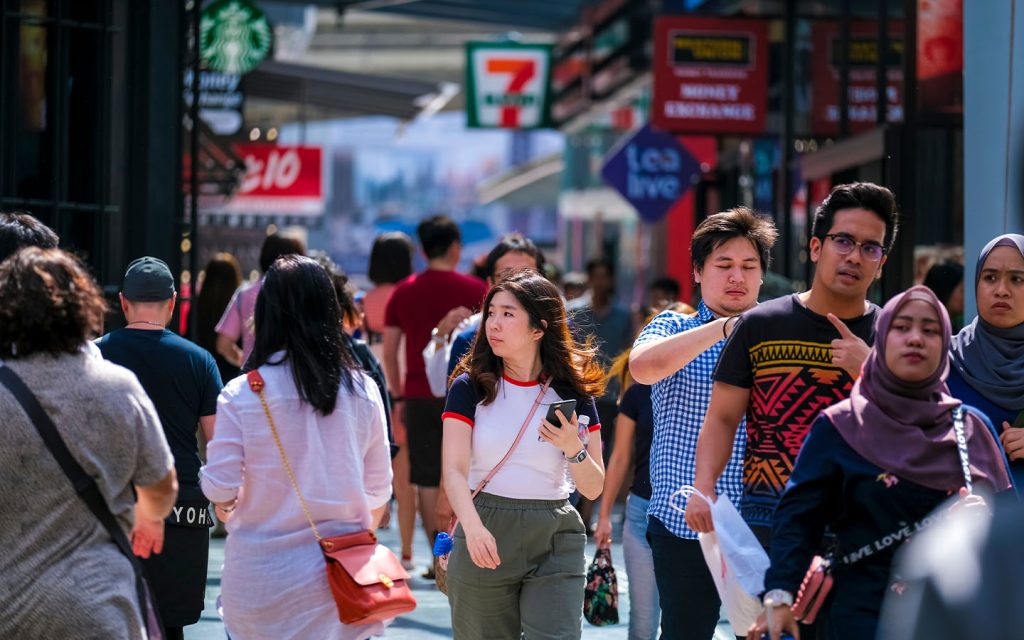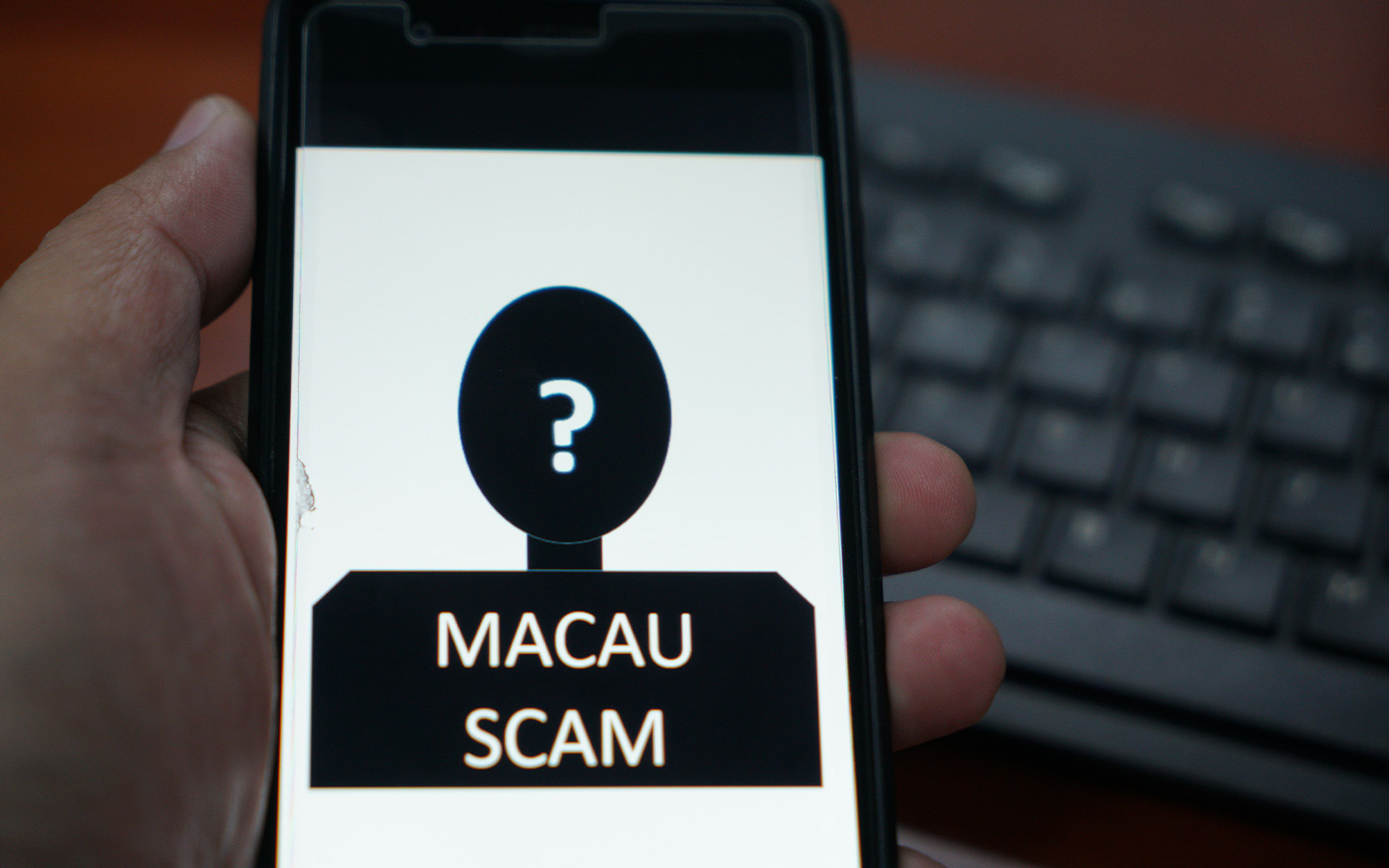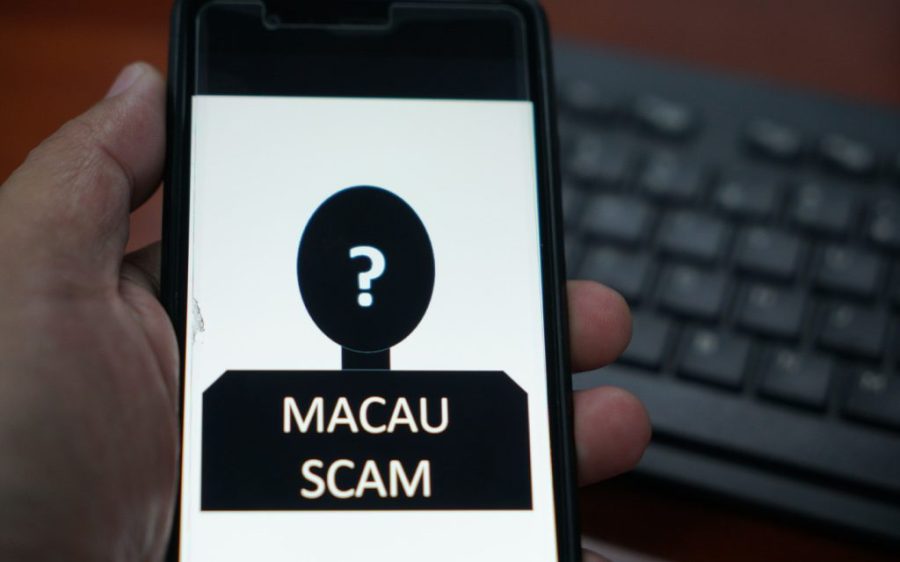On June 1, a 58-year-old woman from Johor, Malaysia, lost 108,000 ringgit (about US$25,500) of her savings to scammers who were impersonating police officers and agents of the Malaysian Communications and Multimedia Commission. They accused her of being involved in suspicious investment and loan activities.
What happened to this woman, and countless others dating back almost a decade, is what Bank Negara Malaysia – the central bank of Malaysia – refers to as the “Macau Scam.”
[See more: One of Macao’s oldest phone scams is targeting new victims seven years on. Can smishing be stopped?]
The bank’s definition? “You receive calls where the scammer impersonates banks or a public official to trick you into disclosing your personal banking details or transfer money into another third-party account.”
So why is it called the Macau Scam? What does the SAR have to do with these scams, if anything?
Where is the Macau Scam happening?
Sometimes, when you look up “Macau” (or “Macao”) on Google trends, scams are among the main results that pop up
The fraud isn’t new, with news of arrests related to it going as far back as 2014. While it has occurred in different parts of Asia, Malaysia appears to be most affected based on the number of news reports on Macau Scam incidents and arrests, as well as the fact that Malaysian banks, financial institutions and network operators routinely issue cautionary posts on it.
Why is it called the Macau Scam?
It remains uncertain how these fraudulent calls came to be known as Macau Scams. According to some sources, it’s because this type of scam was first discovered in the SAR. However, Malaysian news outlet the Star adds that “this has never been confirmed.”
[See more: What is Honey Money Phony, the new Chinese scam film that’s set in Macao?]
Another theory suggests that the SAR lent its name to the telecommunication scam precisely because these types of scams are so common here.

Who is behind the Macau Scam?
Various sources claim that the Macau Scam is run by syndicates in Taiwan and mainland China. Reportedly, perpetrators use sophisticated telecommunications hacks and employ “local and international lines mainly from Hong Kong to trick victims into handing them a large sum of money.”
The money is converted into cash before being sent overseas through money transfer services.
What precautions are people taking against the Macau Scam?
There are many scenarios that could play out when potential victims are being targeted by a Macau Scam. Malaysia’s Ministry of Communications and Multimedia details “bank loan fraud, credit card fraud, kidnapping and ransom,” as well as bogus incentives, such as “lucky draw gifts, travel packages and many more.”
[See more: Scammers are trying to blackmail local legislators with deepfake images]
Meanwhile, the site explains that the favourite Macao Scam targets are seniors and retirees, rich and wealthy people and easily distressed individuals.
The site also details the modus operandi of the scammers, and protective steps. As with any kind of fraud, the latter include never disclosing personal details or details of your accounts, as well as reporting anything suspicious to the authorities.
Have you encountered a scam in Macao? Call the Macao Judiciary Police Anti-Fraud Inquiry Hotline at 8800 7777 or the emergency hotline at 993 for assistance.






